2016 Celebrating Impact Prize
- Open to all ESRC projects – excluding previously winning projects
- Previously unsuccessful entrants welcome to resubmit
- Prior winners may also submit new research impacts
- Streamlined application process
- £60,000 total prize money available
Now in its fourth year, the Celebrating Impact Prize is an annual opportunity to recognise and reward ESRC-funded researchers who have achieved, or are currently achieving, outstanding economic and societal impacts. It celebrates outstanding ESRC research and success in collaborative working, partnerships, interdisciplinary projects, engagement and knowledge exchange activities that have led to significant impact.
They particularly welcome interdisciplinary projects, those involving the use of big data resources or infrastructure, and impacts from institutions submitting for the first time.
The 2016 Celebrating Impact Prize has six categories, each representing areas covered by the ESRC; with sole winners in each category receiving £10,000 to further support their research or further impact activities.
In addition to the cash value of the prize, winners are invited to attend a prestigious ceremony held in June 2016 and to join a community of world-leading researchers and policy makers collectively championing the vital role research plays in shaping society and tackling global challenges.
The call for applicants closes Friday 29th January 2016 at 3pm.
Interested parties should read the following information, and submit their work for consideration via the ESRC forms on impact prize page
Submissions may be considered within the following categories, and applicants are welcome to apply to up to three categories per project, filling out a separate application for each:
Outstanding Impact in Business
This prize will recognise outstanding research which has brought about impact with business. This could include a direct benefit to an individual business through innovation or direct change in practice or management structures, or through skills and training. It could also include benefits to a range of businesses as to how a common challenge might be addressed, with evidence of take up. Entries should be supported by evidence of the business benefit.
Outstanding Impact in Public Policy
This prize will recognise research that has contributed to the development of UK public policy, at the local, regional or national government level. This could include direct changes in policy or changes to how decision-makers view issues. Entries should be supported by evidence that the research has been taken up and used by policymakers.
Outstanding Impact in Society
This award will recognise research that has made a contribution benefiting society more widely or a specific group of the public. This could include impacts from working with local or community groups, charities or the wider society. Entries should be supported by evidence that the research has made a difference.
Outstanding International Impact
This award will recognise research that has achieved impact at an international level across countries in business, policy or societal issues. Applicants to the Outstanding International category must demonstrate collaboration across multiple countries. Applicants whose research occurs within the same country as the resultant impact are ineligible for this category and should consider the above categories only.
Outstanding Early Career Impact
This award will recognise student researchers who have achieved or show potential in achieving outstanding impacts in any of the above categories. Applications are welcome from current students and those who have submitted their thesis within the last three years.
Impact Champion
This prize will recognise an individual who has a significant personal track record in supporting and enabling others to achieve impact. The nominated individual could be: an advocate of innovative approaches and behaviours; and/or mentor and inspire others to collaborate and co-produce research for maximum impact. The nominated individual does not have to be an academic and may be working in an administrative role within a centre, department, school, or university. Applications are welcome from anyone who wishes to nominate an ESRC-supported individual.
Information on previous Winners, their research, impact case studies, FAQs and the event may be found here.
For further information please contact:
ESRC Celebrating Impact Prize team
Ed Vollans, Impact Prize Communications Officer
Susie Watts, Deputy Head of Communications
Email: impact@esrc.ac.uk
Telephone: 01793 414697
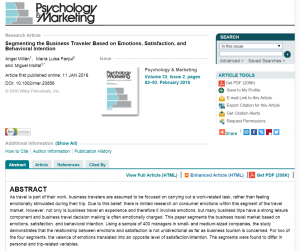
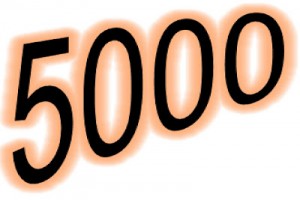
 53% of sessions are started when someone find the Blog via Google and 15% are started via the Daily Digest email.
53% of sessions are started when someone find the Blog via Google and 15% are started via the Daily Digest email.


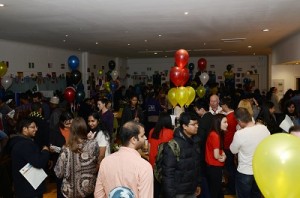
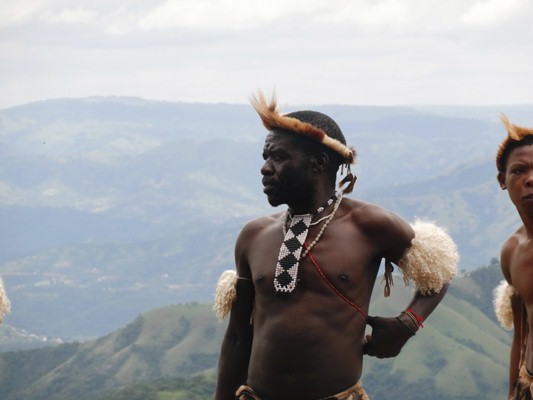

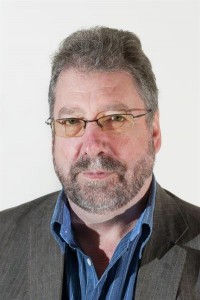

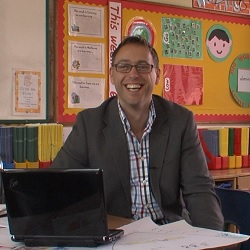
 The BU REF Circumstances Board has been established to oversee the individual staff circumstances process for the post-2014 REF exercise. This includes:
The BU REF Circumstances Board has been established to oversee the individual staff circumstances process for the post-2014 REF exercise. This includes: The Board is chaired by a Senior HR Manager with support from the Equality and Diversity Adviser and a member of the Research and Knowledge Exchange Office. These post-holders will be selected based on their prior knowledge and expertise in individual staff circumstances and equality and diversity issues. Membership will also include three academics and an early career researcher (ECR).
The Board is chaired by a Senior HR Manager with support from the Equality and Diversity Adviser and a member of the Research and Knowledge Exchange Office. These post-holders will be selected based on their prior knowledge and expertise in individual staff circumstances and equality and diversity issues. Membership will also include three academics and an early career researcher (ECR).
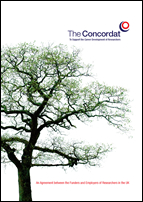
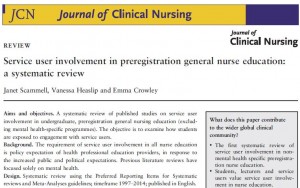
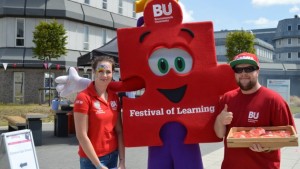
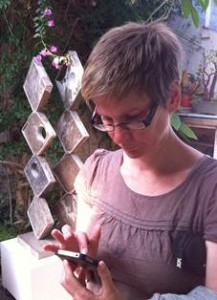
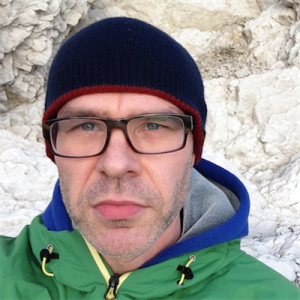
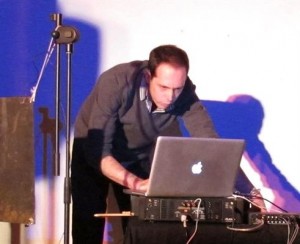
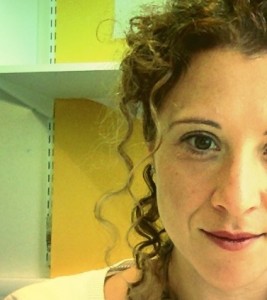
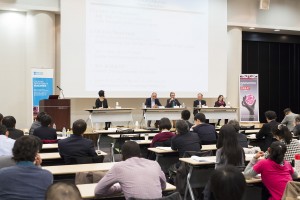
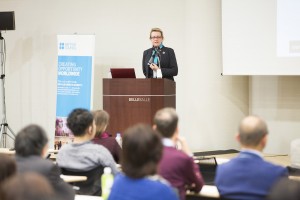

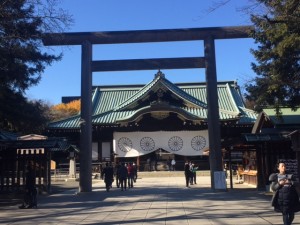











 From Sustainable Research to Sustainable Research Lives: Reflections from the SPROUT Network Event
From Sustainable Research to Sustainable Research Lives: Reflections from the SPROUT Network Event REF Code of Practice consultation is open!
REF Code of Practice consultation is open! BU Leads AI-Driven Work Package in EU Horizon SUSHEAS Project
BU Leads AI-Driven Work Package in EU Horizon SUSHEAS Project Evidence Synthesis Centre open at Kathmandu University
Evidence Synthesis Centre open at Kathmandu University ECR Funding Open Call: Research Culture & Community Grant – Apply now
ECR Funding Open Call: Research Culture & Community Grant – Apply now ECR Funding Open Call: Research Culture & Community Grant – Application Deadline Friday 12 December
ECR Funding Open Call: Research Culture & Community Grant – Application Deadline Friday 12 December MSCA Postdoctoral Fellowships 2025 Call
MSCA Postdoctoral Fellowships 2025 Call ERC Advanced Grant 2025 Webinar
ERC Advanced Grant 2025 Webinar Update on UKRO services
Update on UKRO services European research project exploring use of ‘virtual twins’ to better manage metabolic associated fatty liver disease
European research project exploring use of ‘virtual twins’ to better manage metabolic associated fatty liver disease